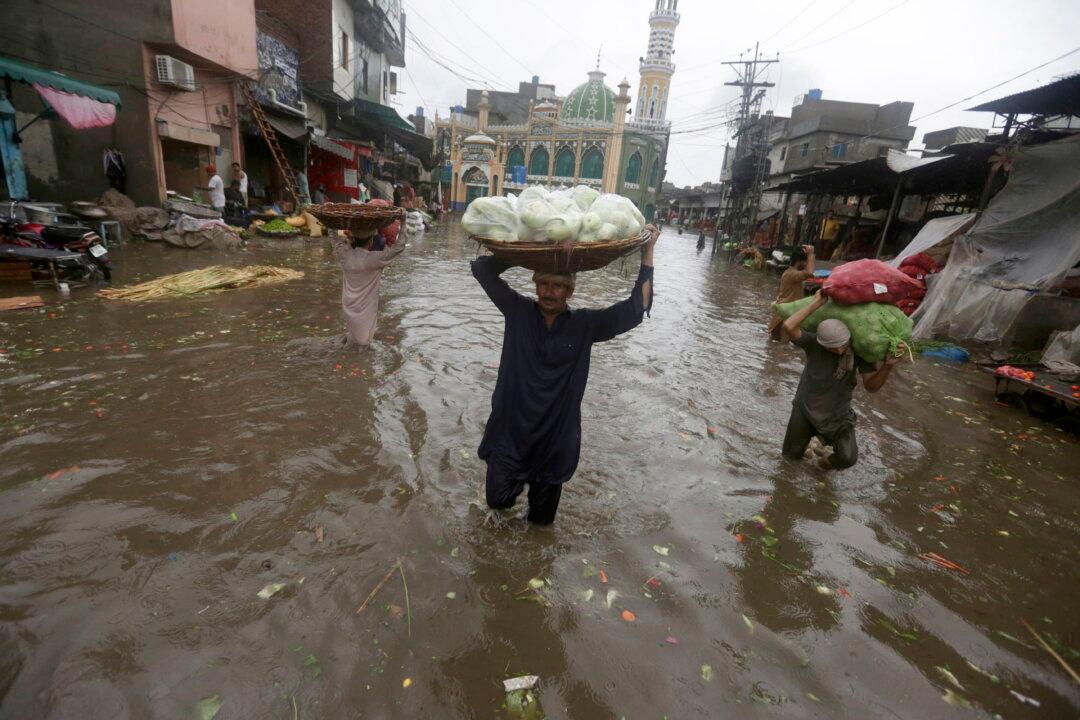More than 900 people died, and over 30 million others were affected in Pakistan as a result of massive floods caused by torrential rains, prompting the government to declare a national emergency.
The death toll rose to 937 on Thursday, including 343 children and 198 women, Daily Pakistan reported, citing data from the National Disaster Management Authority.





